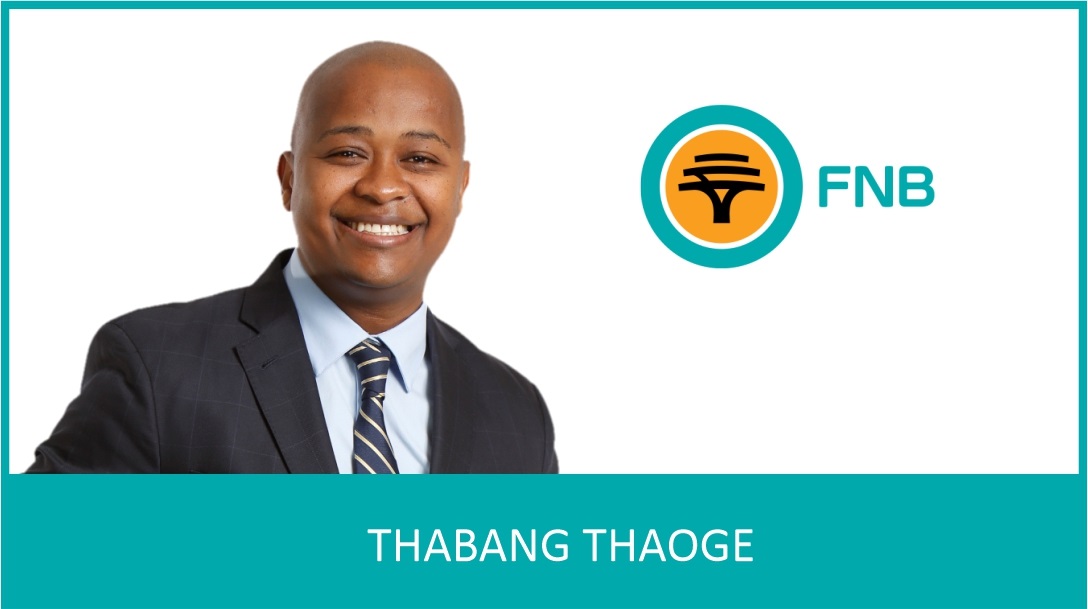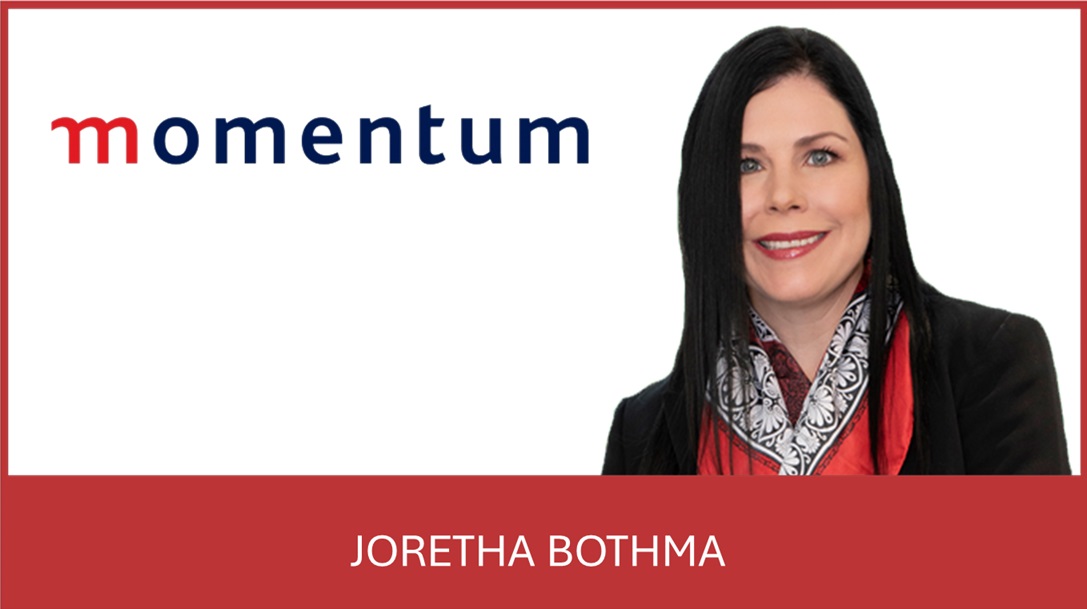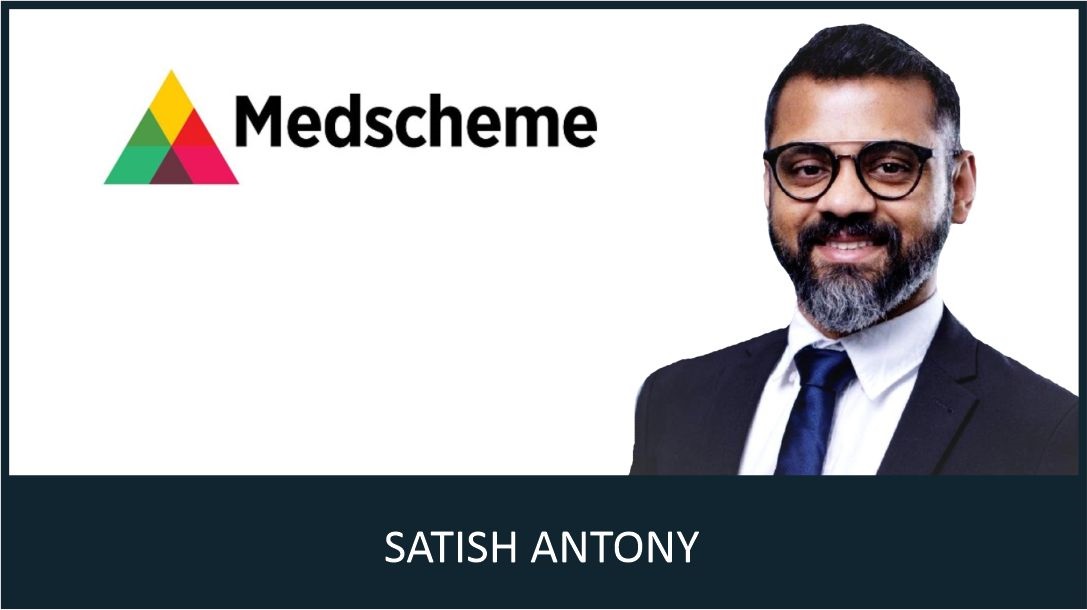Jaco Oosthuizen, Co-founder and MD, YuLife South Africa
If we take a hard look at the South African insurance landscape, one truth stands out: the people who need income protection the most have historically had the least access to it. That’s not an accusation, it’s simply where we’ve been as an industry. The real question is: where do we go from here?
Because the opportunity in front of us is clear. Extending meaningful protection to vulnerable workers is an urgent responsibility.
Understanding the reality
South Africa’s state support is valuable, but it was never built to maintain living standards when income disappears. The current SASSA disability grant of roughly R2,180 per month is an important safety net, but in practical terms, it barely covers rent in many cities, let alone groceries, transport, utilities or healthcare.
For many families, especially those relying on a single salary, that gap between what’s provided and what’s needed is vast. These are not households living extravagantly. They’re South Africans who are working, raising children and contributing to our economy. But because they have little financial cushion, an illness or disability can tip them from stability into crisis almost overnight.
That’s the uncomfortable reality. And yet, these are exactly the individuals who’ve struggled to access traditional income protection. Premiums designed around higher-risk profiles, complex underwriting processes and product structures geared toward higher earners have left too many people out in the cold.
A shift toward inclusivity
The encouraging news is that our industry is shifting. There’s growing recognition that accessibility makes business sense. Group income protection is fast becoming one of the most powerful tools for extending coverage to people who may never have qualified for, or afforded, individual policies.
By pooling risk across an employer’s workforce, group schemes unlock better terms, simplified underwriting, and premiums that make real protection possible. This isn’t about offering a stripped-down version of cover. It’s about designing smarter, more inclusive solutions that widen access without compromising on value.
At YuLife, this thinking is baked into our approach. Our group income protection product was created with the belief that every employee, regardless of payslip size, deserves the dignity of knowing their family will not face financial ruin if they’re unable to work. And when employers step up to offer this, they’re not just protecting individuals; they’re building stronger, more resilient organisations.
The evolving role of brokers
This evolution also reshapes the role of brokers. You’re not just placing policies anymore; you’re becoming architects of impact. By guiding employers toward inclusive income protection solutions, you’re enabling them to care for their teams in ways that are tangible and lasting.
And this requires a shift in the conversation. Income protection should no longer be framed as a “nice-to-have” perk for executives. It’s essential infrastructure for a stable and productive workforce.
Think about it: when an employee becomes disabled or seriously ill without cover, the consequences ripple far beyond the home. Financial stress bleeds into the workplace, affecting colleagues, productivity, and morale. By contrast, when employees know they have a safety net, the relief is powerful. They’re able to stay focused, engaged, and loyal. For employers worried about costs, it’s not a liability, it’s an investment in resilience.
Moving from intention to action
So how do we turn good intentions into tangible change? It starts with education. Many employers, particularly SMEs, still have outdated views of group income protection seeing it as expensive, complicated, or out of reach.
This is where brokers play a pivotal role. By asking the right questions about workforce demographics and family realities, you can help employers see what’s truly at stake. What happens to those families if the main breadwinner’s income stops tomorrow? Then, you can introduce modern group income protection as not just another benefit, but a core part of responsible employment.
It’s also worth highlighting the link between inclusivity and talent retention. In today’s competitive job market, employees are paying attention to whether employers genuinely care about their wellbeing and financial security. Younger generations, in particular, are making career choices based not just on salary but on values and purpose. For employers, inclusive benefits are not just the right thing to do, they’re a differentiator.
Building a more protected South Africa
The reality is clear: in South Africa, income protection is a necessity. We live in a country with limited state support, significant inequality, and an economy where fortunes can change overnight. But we also live in a country defined by resilience, innovation, and an appetite for inclusive growth.
As an industry, we have the tools, the expertise, and the reach to close the protection gap. We can ensure that the employees who keep our economy moving forward have the financial security they deserve. And we can do it in a way that is both sustainable and scalable.
This is not about perfection, it’s about progress. Every employer who introduces group income protection extends the safety net wider. Every broker who champions this conversation strengthens the system. And every family that gains cover has one less reason to lie awake at night.
The opportunity is here. The solutions exist. What matters now is collective will and action. Together, we can help build a future where income protection serves everyone – not just those who’ve always had access.
ENDS

























































































